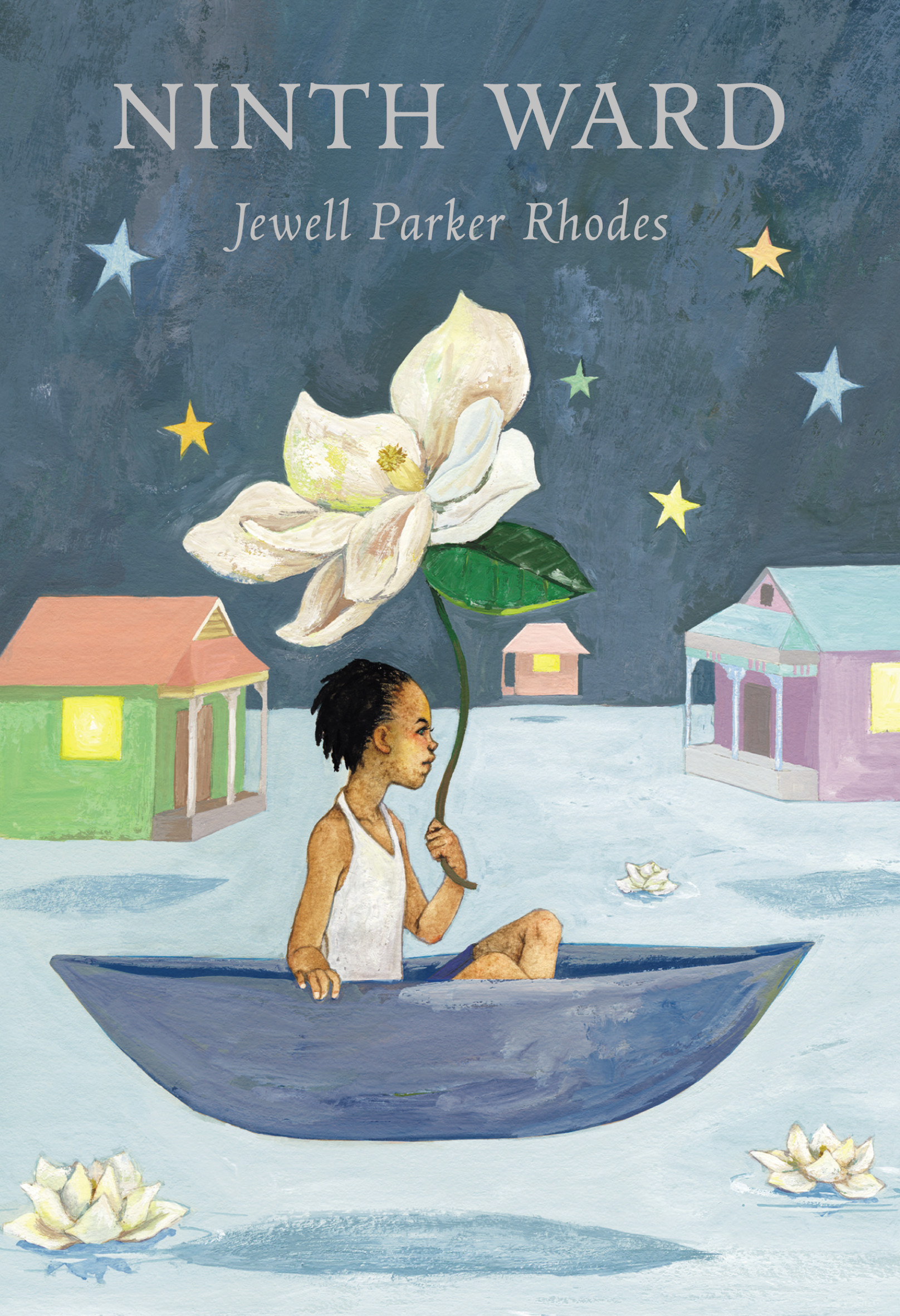

The photographs of each interviewee are remarkable and clear, and they lend a sense of intimacy to the material. Accounts range from tales of the world wars and early Mardi Gras celebrations to family recipes brought from Europe. Topics discussed include holidays, food, the Roman candy man, church life, hurricanes, and music.

Direct quotations from more than fifty interviews are seamlessly woven into the chapters. The beauty of this book is in its capturing rich historical details from the personal lives of the storytellers. Facts revealed in the stories are bolstered by documentation from the noted ethnographer and geographer Richard Campanella as well as other academic sources. The interviews were originally conducted in connection with a grant that Caroline Gerdes received from the National Geographic Society to preserve the Ninth Ward's history. By the 1920s, the neighborhood's residents included immigrants of German, French, Sicilian, and Irish descent. Although the book covers African American life before and after Hurricane Katrina, the narrators are primarily residents or former residents of the predominantly white Upper Ninth Ward. As a native of New Orleans, the city that care forgot, I found the stories absolutely fascinating. An Oral History of the New Orleans Ninth Ward is an ethnographic study of a neighborhood as seen through the eyes of some of its oldest residents.


 0 kommentar(er)
0 kommentar(er)
